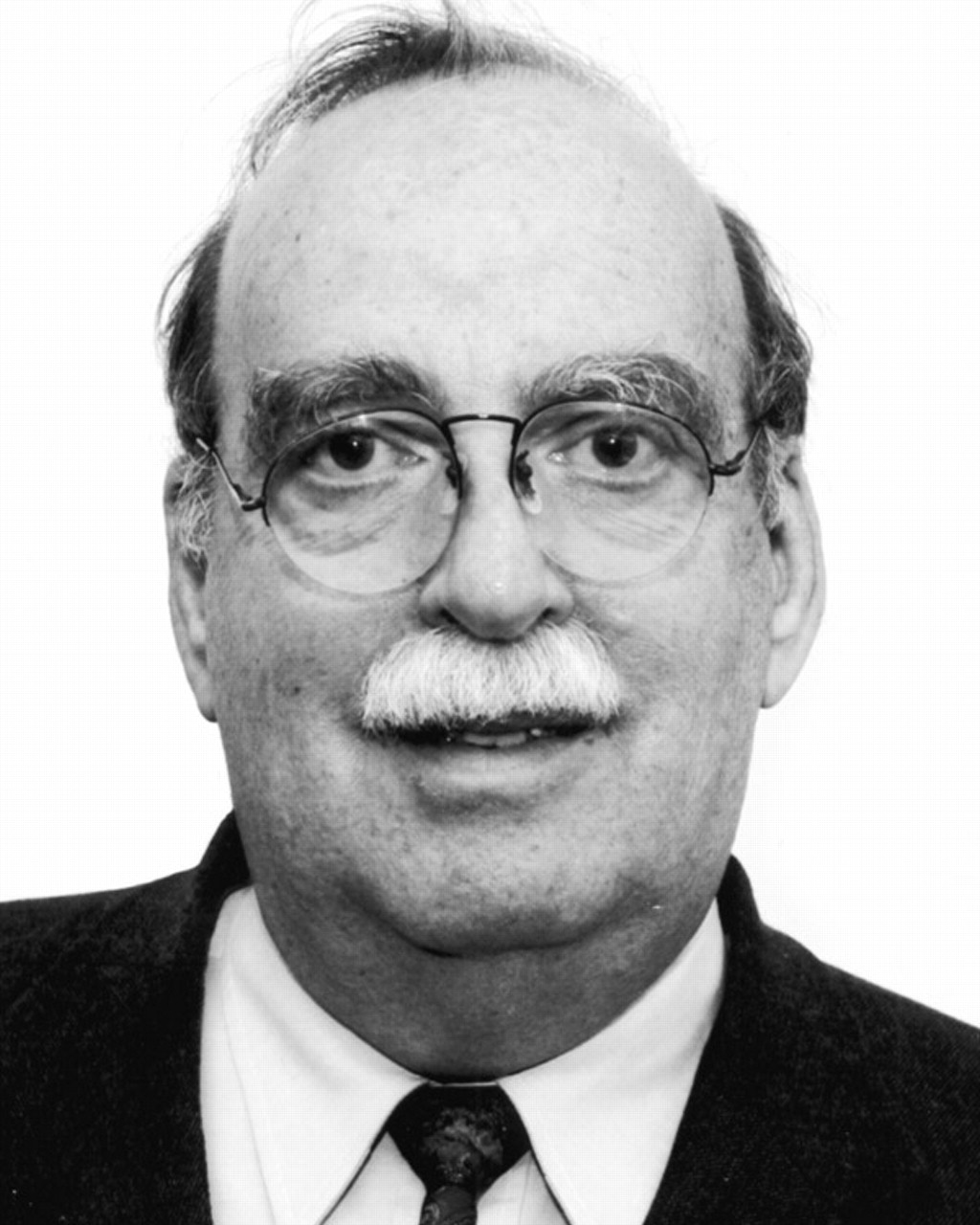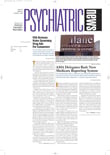Professor of Psychiatry and Director of Psychiatric Residency Training, Northwestern University Medical School, 2002-
Distinguished Life Fellow (Member Since 1971)
Area 4 Trustee, APA Board of Trustees, 2003-
President, Illinois Psychiatric Society, 1998-99
President, American Association of Directors of Psychiatric Residency Training, 1991-92
Faculty, Institute for Psychoanalysis, Chicago, 2002-
Member, State of Illinois Mental Health Planning Board, 2003-
For the past three years I have had the honor and privilege to serve you as Area 4 trustee. In this role I have used my diverse experiences to ensure that APA effectively addresses the issues that confront psychiatry. The unique role of psychiatry in the life of our nation has been amply demonstrated in the aftermath of hurricanes Katrina and Rita. Psychiatric issues affect everyone in times of disaster. Yet the disaster also highlights the vulnerability of mental health funding, which also impacts on all of us. Ensuring that the nation's mental health needs are adequately funded in the coming years is a burden that psychiatric leaders will probably always have to carry, particularly in light of the recent hurricanes.
The core issues that psychiatry must address have not appreciably changed in the past year. They continue to be the following:
1. A need to reassess member and APA engagement with the pharmaceutical industry.
In light of major changes in this industry we need to reexamine APA's relationship with industry and provide new guidance to our members in dealing with the drug industry.
2. A need to reaffirm APA as the major professional advocate for individuals and their families suffering from mental illness.
In light of prior major erosion in the public and private sector funding for the treatment of mental illness, APA must be the lead organization in reversing this trend. APA and state societies must ensure psychiatrists' ability to practice and prescribe without government interference.
3. A need to ensure an operational definition of psychiatric practice that addresses biologic and psychological aspects of behavior in a social context that makes it clear that psychologist prescriptive authority is not in society's best interest.
We must prevent a narrow reductionism from defining our work as we integrate the advances in science from the Decade of the Brain.
Finally we must reaffirm a new working relationship between APA and its district branches that acknowledges each one's unique contributions. We must develop new ways for APA to interact with its district branches as we enter an era where many critical issues of psychiatry will be dealt with at the state level.
Leadership
All of you are more than aware of the numerous issues that confront psychiatry. A review of the position statements written by most candidates reveals that they generally agree on what confronts our field. The differences are in leadership and each candidate's experiences. A review of my work throughout my career will reveal that in many varied positions I have addressed critical issues with positive affirmative actions. I have demonstrated the leadership capacity to move APA and its district branches forward.
Reelect Sidney Weissman, M.D., Area 4 Trustee to ensure a strong, effective APA.
Primary Professional Activities and Sources of Income
Professional Activities
55%—Professor of psychiatry and director of psychiatric residency training
40%—Private practice
5%—VHA
Income
55%—Northwestern University School of Medicine
45%—Private practice

